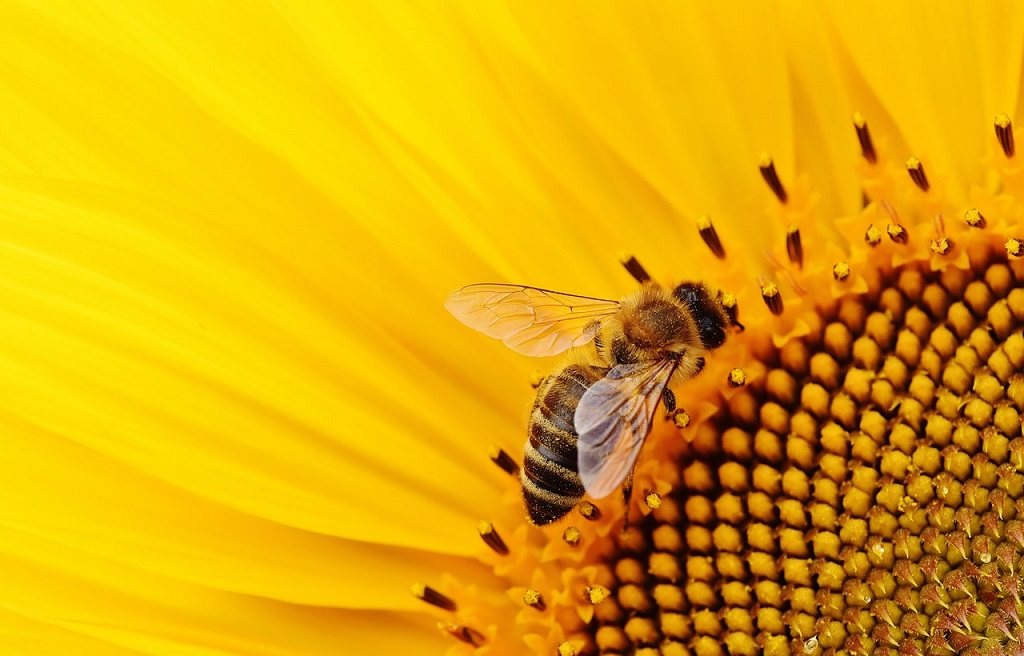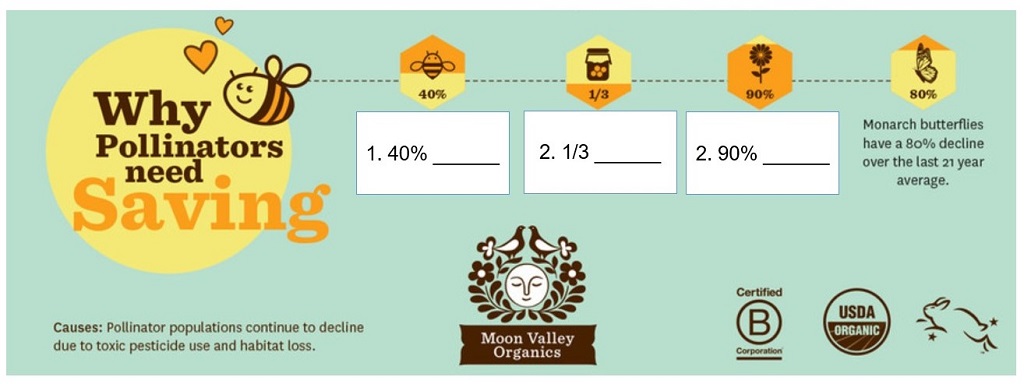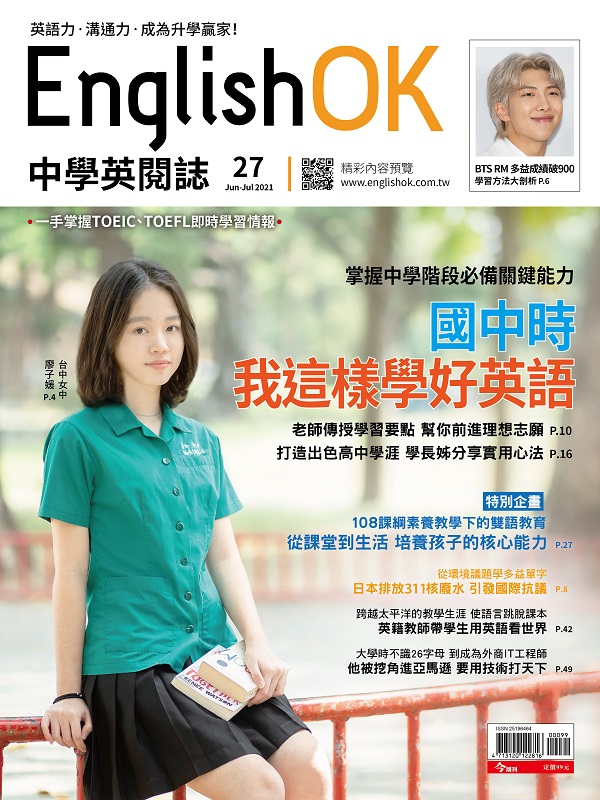
當你看到「520」這個數字你會想到什麼?是「我愛你」的諧音嗎?今天詩綺老師要介紹的是 5月 20 日,一個被聯合國特別訂定為「世界蜜蜂日」(World Bee Day)的重要日子,因為這也是被稱為現代養蜂業的先驅Anton Janša 的生日。
Anton Janša在1734年5月20日出生於斯洛維尼亞(Slovenija)的養蜂世家。養蜂(apiculture or bee-keeping)在這個地區是一項歷史悠久的重要產業。Janša 跟隨家族事業的腳步,在 35 歲時成為全職養蜂人,不過因為他對於蜜蜂的喜愛與投入,讓他不止是養蜂農人,更在隔年成為奧地利第一位養蜂老師,後來還受歐洲皇室的邀請至維也納擔任第一間養蜂學校的皇家派任教師(the first imperially-appointed teacher of apiculture in Vienna)。
Janša在摸索養蜂和採蜜的方式擁有卓越成果,他的著作還成為當時歐洲皇家養蜂學校的指定教材。此外,他更研發新式的養蜂巢(beehives),這對於現代養蜂技術帶來許多重要的影響,被稱為「現代養蜂的先驅」(a pioneer of modern apiculture)。
在國際養蜂協會聯合會的支持下,斯洛維尼亞政府提議將每年的5月20日,也就是 Anton Janša 的生日制訂為世界蜜蜂日(in honor of Anton Janša’s birthday),同時也希望喚醒世人注重保護蜜蜂、維護食物安全與生物多樣性等觀念。(On World Bee Day we acknowledge the role of the bee in food security and biodiversity.)。 2017 年在聯合國大會代表一致通過之下,正式宣布每年的5月20日為世界蜜蜂日,而今年正是慶祝國際蜜蜂日的第五年。
The recent COVID-19 pandemic has had an undeniable impact on the beekeeping sector, affecting the production, the market and as a consequence, the livelihoods of beekeepers.
最近的 COVID-19 大流行對養蜂業的生產和市場產生了不可否認的衝擊,並且進而影響養蜂者的生計。
Honeybees play a vital role in producing many of the foods we eat. As they perform roughly 80% of all pollination worldwide, if bees were to disappear, so would one third of everything we eat.
蜜蜂扮演生產人類糧食的重要角色。由於蜜蜂是全球80%以上的農作物的授粉者,如果蜜蜂消失了,我們吃的食物約有三分之一也會不見。
More than 230 years ago the knowledge of the Slovenian beekeeper was introduced to the world by Anton Janša, who in the 18th century pioneered modern beekeeping techniques in his native Slovenia.
約 230 年前,Anton Janša將斯洛維尼亞養蜂人的知識介紹給全世界。在18世紀Janša就以創新的養蜂技術領先斯洛維尼亞當地。
Janša was the first to teach the method of smoking bees out of their hives for the honey instead of killing the whole colonies and advocated that hives should be put out to the open field.
Janša 是首位教大家採蜜不需殺死整個蜂群,用煙燻趕蜂即可的人;他也提倡蜂巢應該放置在戶外。
Janša is noted for changing the size and shape of the beehives to enable them to be stacked upon each other like blocks. Janša’s hive designs were horizontal and could be inserted into a small bee house like drawers into a chest.
Janša 因為改變養蜂箱的尺寸與形狀,使之可以像積木一樣相互堆疊而出名。他的蜂箱設計是橫式的,讓蜂箱一格格放入養蜂房,就像抽屜櫃一樣。
In one of Janša’ books he noted, “Bees are a type of fly, hardworking, created by God to provide man with all needed honey and wax. Amongst all God’s beings there are none so hard working and useful to man with so little attention needed for its keep as the bee.”
Janša 曾在書中提到:「蜜蜂是一種由上帝創造的生靈,勤勞地為人類提供蜂蜜和蜜蠟。在所有上帝創造的生命中,沒有像蜜蜂這樣,既辛苦工作又對人類有益,但卻這麼少被人關注。」
至於平常我們可以怎麼保護蜜蜂,讓都市也成為友善蜜蜂的環境呢?「世界自然基金會」(WWF) 教我們「Bee-friendly」的其中一個簡單方法就是「Get to know your bees」,換句話說就是要認識、學習親近蜜蜂。因為若是了解與他們適當的相處之道,我們保護蜜蜂的同時,就是在保護我們人類自己。
看圖片數據資訊填入對應的英文句子

(A). of the food we consume is pollinated by bees.
(B). of flowering plants pollinators directly facilitate reproductions.
(C). loss of commercial honeybees in the US since 2006.
解答:1. (C), 2. (A), 3. (B)
文/吳詩綺
現職:國立師大附中英文科教師、ETS認證托福網路測驗專業發展工作坊講師、甜豆親子英文共讀創辦人
學歷:國立中央大學英美語文學系碩士
經歷:美國佛羅里達大學教育系訪問學者教育部行動研究特優教案得主


